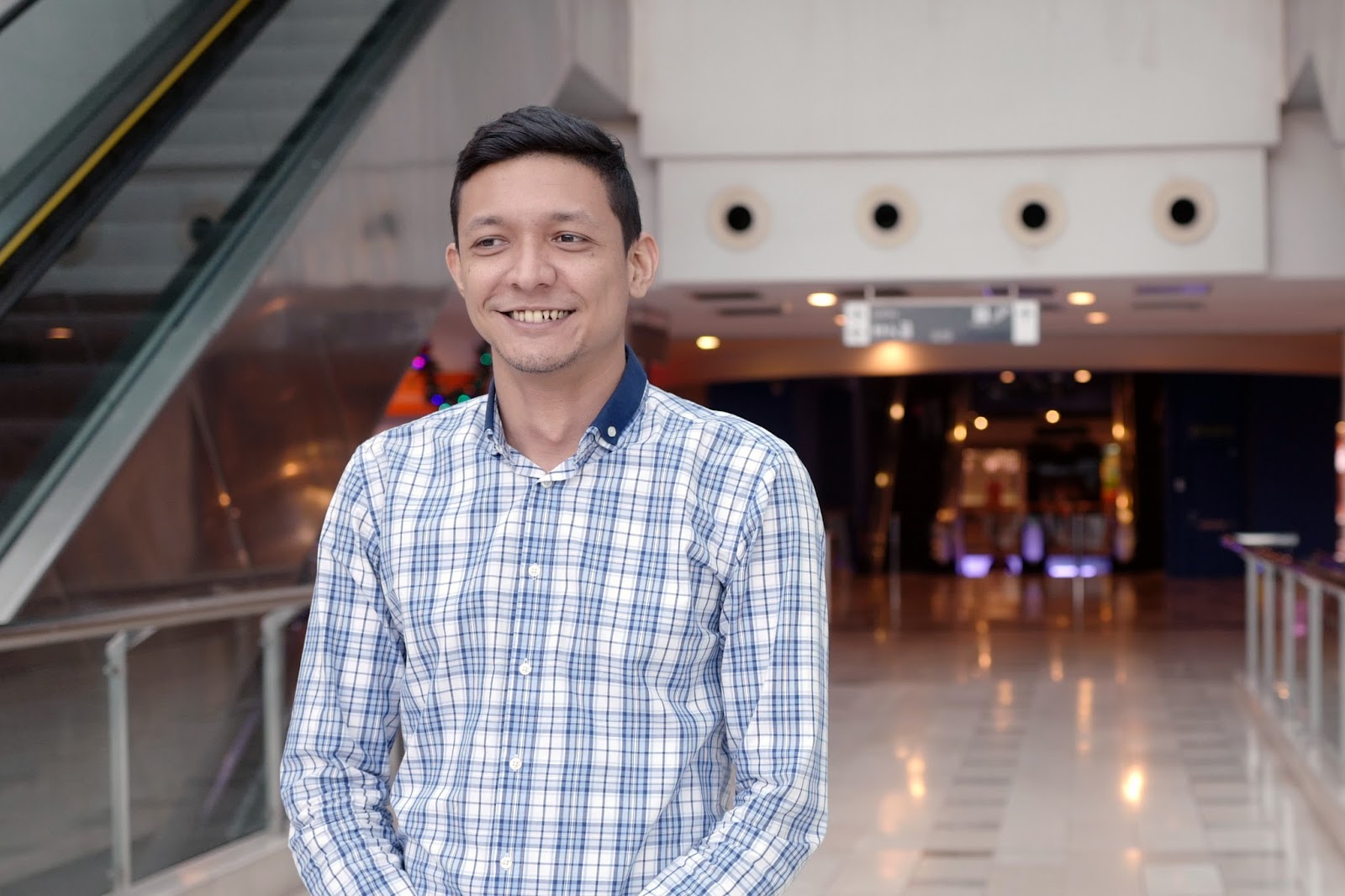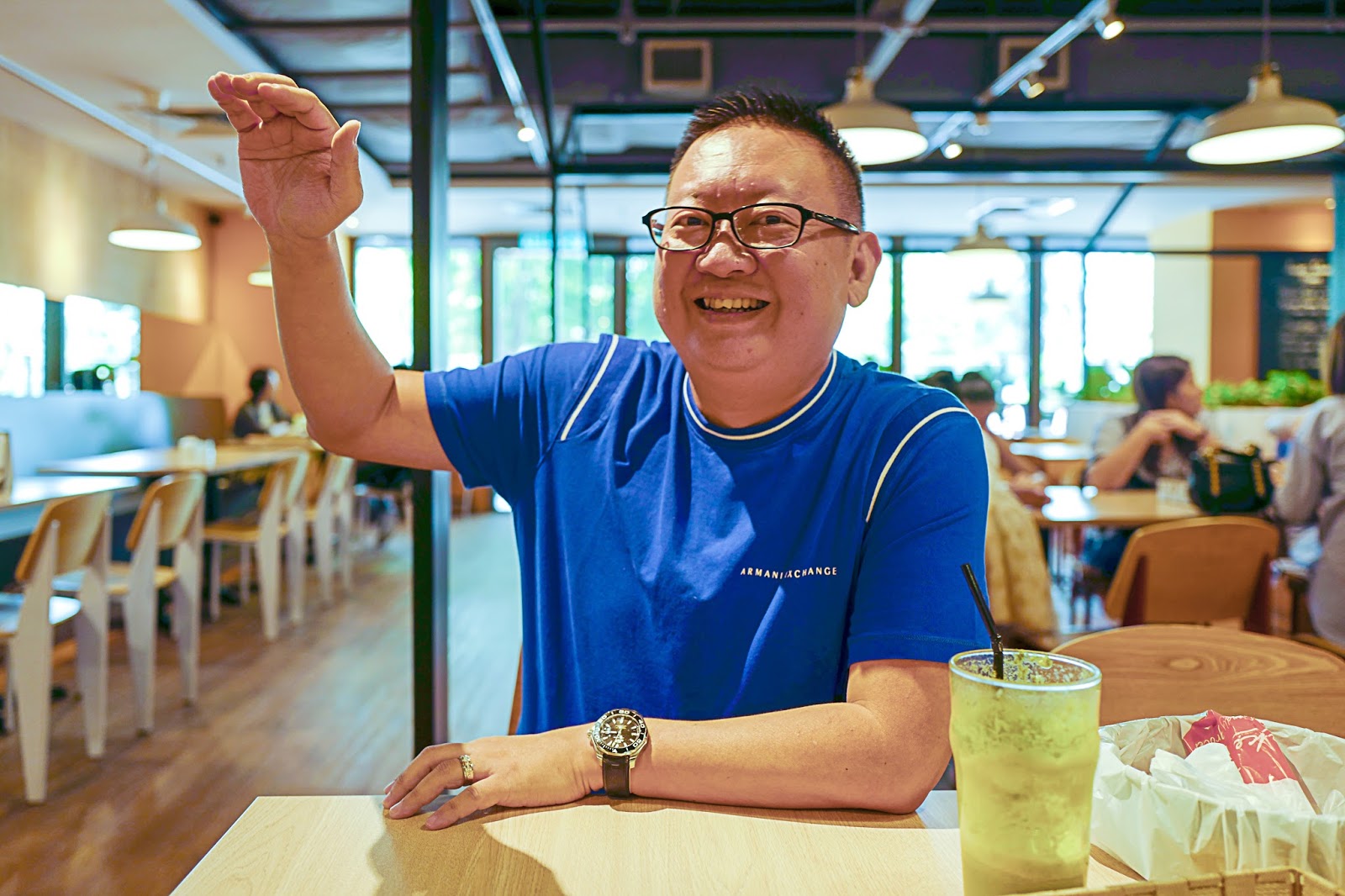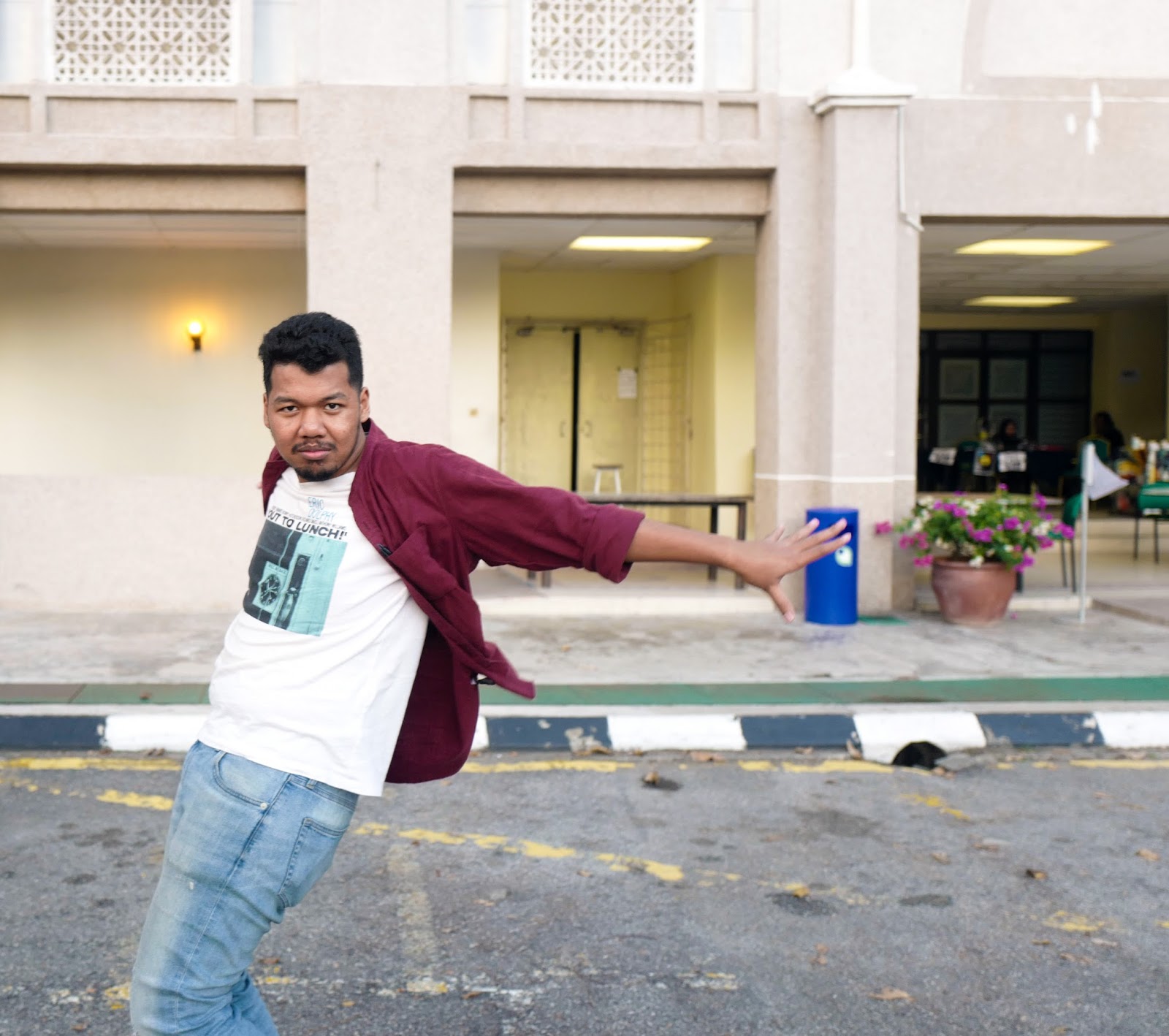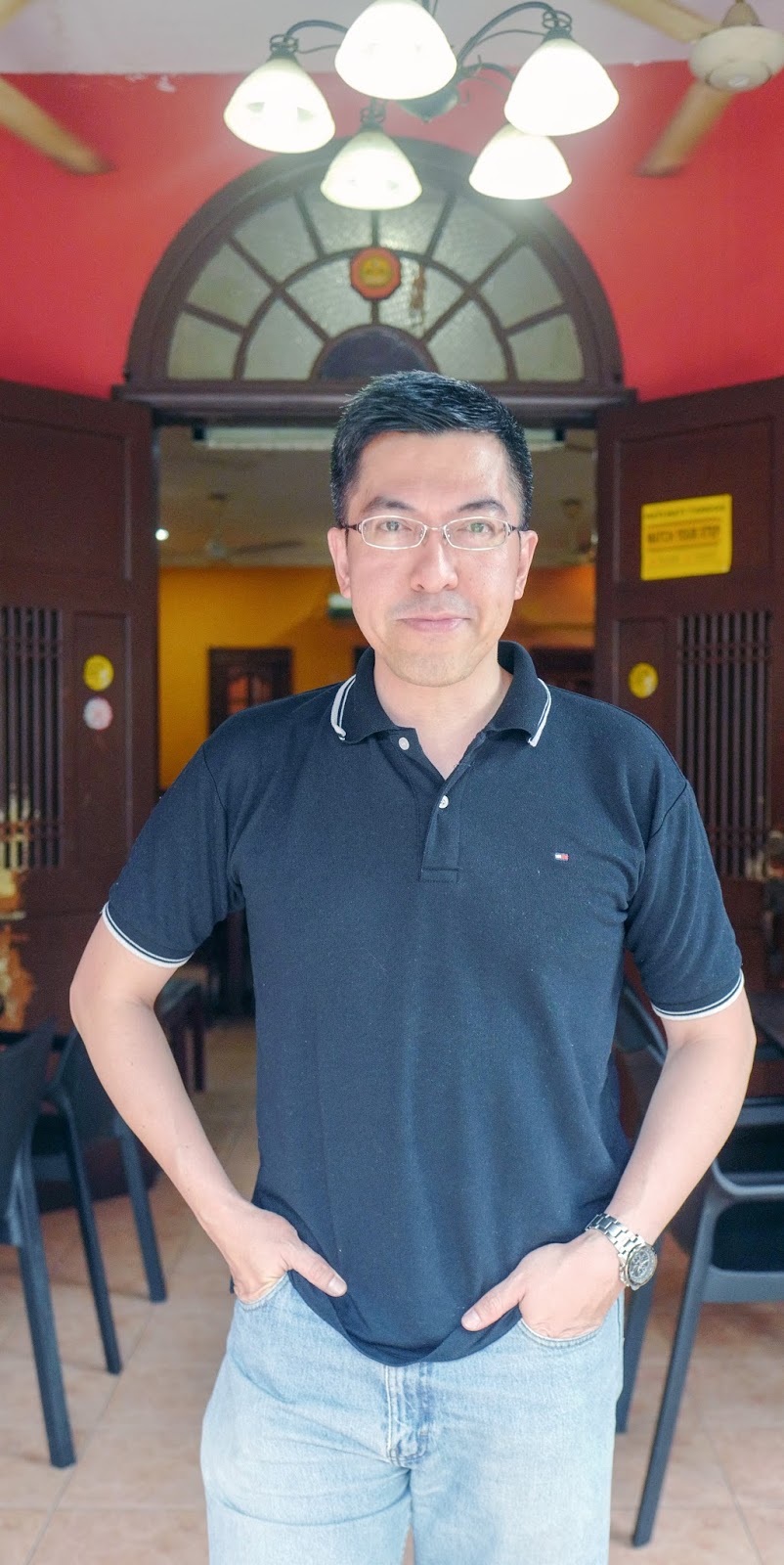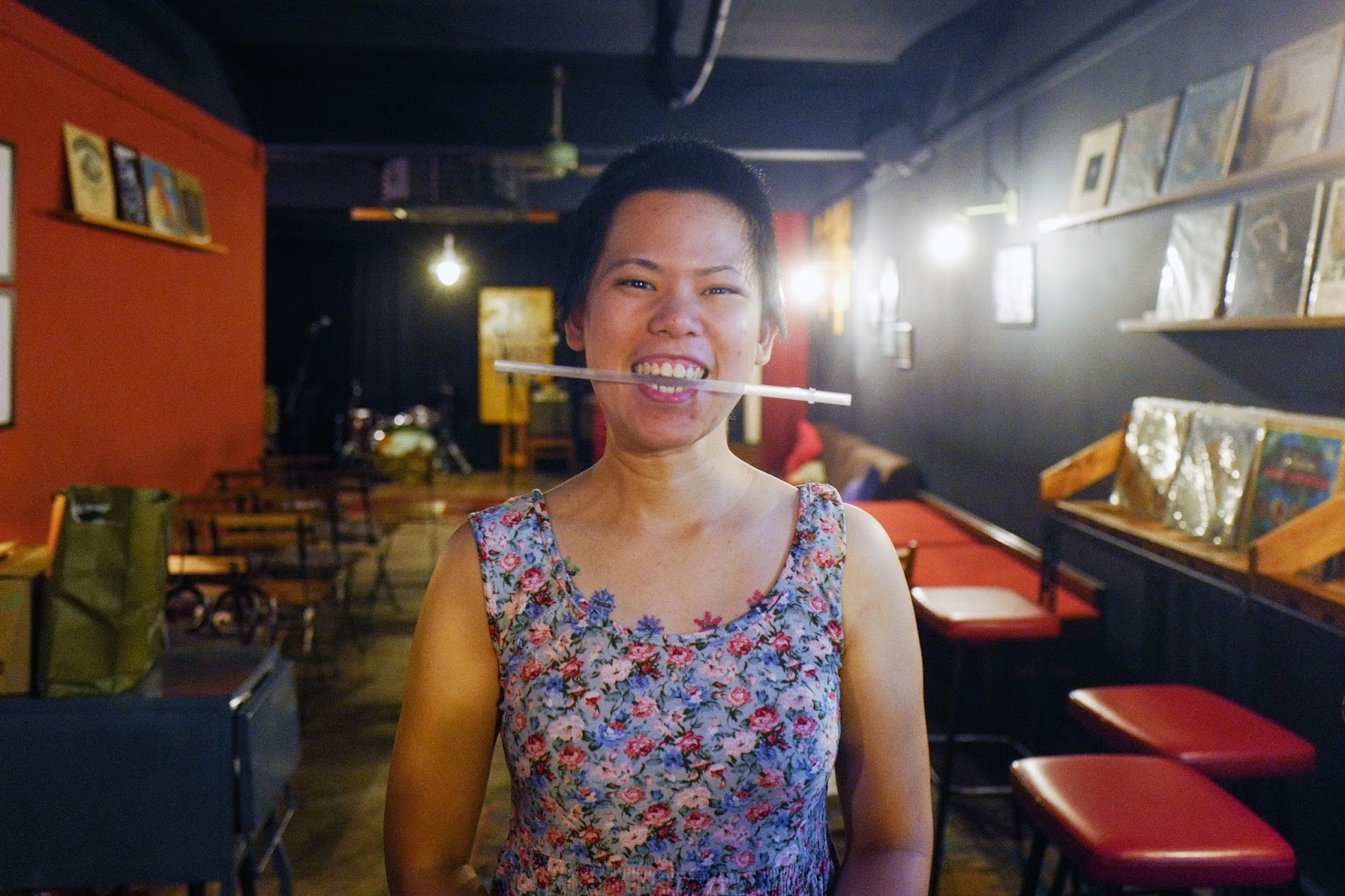Organic Farming: Knowing Nothing, Diving Right In
January 6, 2018
By Aiman Azri
In this interview, Jay explains what it takes to break into the industry, and the harsh lessons he experienced on his journey.
EDKL: Let's start from the top. Tell us what you do.
Jay: My name is Jay. At the moment, I'm working with an organisation where we help communities engage other communities - food, arts, drama, anything.
Before this, I used to run an organic farm in Gombak, Organic Brother's, which started in 2014.
I ran it with another partner; we were very close friends, like brothers. We started off with chickens, then we had turkey and tilapia fish.
I had no knowledge in farming, but the passion was always there. When I got into it, the first one year was purely trial and error. We did a lot of research - online, reading, videos, talked to a lot of people, visited a lot of farms.
What we learned was: It's really hard to grow or breed chickens if you don't have any enhanced chemicals or antibiotics, because the chickens will naturally die.
We had to actually create our own natural antibiotic. You know how Vitagen is an antibiotic for your stomach? Same concept. Using milk, molasses, and letting them ferment.
EDKL: What did you think you had to do when you started the business?
Jay: In every business you start, you'll be optimistic for everything, but the reality is, getting into a new business without any knowledge has its own pitfalls. Spending a lot of money on areas that you didn't have to spend on.
We never had the idea of coming up with a big organic farm though. We just thought, 'hey, let's buy a couple thousand chickens and see how it goes.' That's how we learned. Our techniques and knowledge grew, our chickens got better, of higher quality. It took us a long time. Almost two years.
The first year, a lot of issues came up. We didn't know how to handle the weather, or the bacteria in the area and the wild predators.
We built everything on our own. The shed, all on our own. The thing is, we didn't complete the entire 100-foot shed. We probably completed about 20 feet. And we bought over a thousand chickens. During that time, it was the rainy season, and it was pouring. Our land was by the side of a waterfall and river, so water started overflowing.
Our workers called me late at night. My girlfriend and I used to go down at 1 am to dry the chickens, keep them warm.
That was part of the process of learning what to do. That's when it started getting better.
We then had our shed done properly. We never had issues with chickens becoming wet anymore. Our first issue was always chickens getting wet and cold. That was the first trouble - the biggest trouble. It costs a lot of money to keep them dry and warm.
Chickens are highly, highly sensitive. They can contract a disease very fast and spread the disease very fast.
That means if you look at proper farms, they have systems and standard operating procedures; when your worker is sick or slightly sick, they're not allowed to even enter the farm. If you sneeze inside the farm, one chicken will get sick, one thousand chickens will get sick, one thousand chickens will be killed. Their immune systems are very low, hence they need a lot of antibiotics.
EDKL: Who were your customers for the farm?
Jay: Our aim was always to go for retailers, shops, supermarkets.
But what we learned from the process, with the quantities that we produced - even if it's 3,000 or 5,000 chickens, it would not make sense to give it shops.
When you do organic, your costs go up by 30 percent, easily. If chickens get sick, you've got to kill them, and their feed is organic - we have to make their feed. And we're not talking about their feed in kilos - we're buying in tonnes.
In one day, 1,000 chickens will consume over 100 kilos of food. So we're buying their food in tonnes. Coconut husks in tonnes, soy in tonnes. It's not cost-effective anymore. We need to think about transportation, logistics. By the time it gets to the farm, by the time we get the food, we need to pack it, keep it, store it. All these are important things.
We ended up going for home users, which are the best market for us. Chicken prices fluctuate on a monthly basis or so. The standard price of a chicken on the market will go from 7 to 9 ringgit per kilo. For organic chickens, we're going for about 22 ringgit per kilo, so a chicken that's 2 kilos is already worth 40 ringgit.
What we learned from this entire process is that the demand is very high. Demand among people who want to consume organic food, who really care about whether we use antibiotics or not.
Most people nowadays are health-conscious. They want to know what they're eating and where their food comes from. They bought a lot from us. A lot of people came to the farm and ordered. Until today, I still get calls for chickens, even though I sold off the business awhile ago.
EDKL: How did you handle the logistics for your customers?
Jay: We did a service where we delivered. That's the only way that we can engage our clients. We have to deliver, and we do it fresh. We don't freeze. We always took orders a day in advance - the next day, we slaughtered and sent out within 20 minutes.
Our customers were mostly from Bangsar, Damansara Heights, mostly high-end customers. You had to order for the whole month, and we delivered to you once a week. That's how we marketed, and how we encouraged our customers to buy more.
EDKL: How much land did you need for the farm?
Jay: We had three acres of land. We had 10 acres, but we only used three.
For every chicken, you usually need one square foot. But doing it organically, you're going to need four to five times the space. One acre has about 44,000 square feet. If you were to put 44,000 chickens into one acre, you need to inject them with all kinds of antibiotics to keep them alive, because there will be feces everywhere. They will die.
In order to do it right, there needs to be a balance. 30 percent chickens, 70 percent space for them to forage and move around.
EDKL: Why did you start moving into turkey and tilapia?
Jay: Turkey is very interesting. It's lean meat. And especially if you do it free-range, they exercise a lot. Above a certain age they're more hardy than chickens, but at the baby stage they're very fragile. One bite by a mosquito and it dies, because it gets infected very fast.
We did turkeys because of Christmas. We had clientele that requested turkeys. It's only seasonal, and we only took turkeys for six months before Christmas because of the need to rear them.
When you do farming, your costs are very high. To maximise profit, because we had the space and it was connected to a waterfall, with crystal-clear water, we also chose tilapia, a very hardy fish. The issue with tilapia though is that they eat a lot and you have to feed them so much. After a certain age, they don't grow anymore. The first three or four months are highly important. A lack of protein or not enough consumption, and the tilapia don't grow.
EDKL: How did you initially pick the location for your farm?
Jay: Not easy. First, you've got to make sure there's nobody living in the area. At least two or three kilometres around, because of disease. The wind can carry lots of disease. Even flu; slight diseases would kill them.
Second, you've got to make sure it's flat land and not moist all the time. It's got to be dry. There are parts in the jungle by a lake - it might be a bit moist and that's bad. Because it breeds bacteria.
After all that, you've got make sure you have a proper plan on building a system. The most successful thing in a farm is not the chicken or the workers. It's the system.
If you don't have a system that runs properly, then your farm will never run.
EDKL: What kind of system are we talking about?
Jay: Self-management. You want self-feeding, self-watering, self-cleaning. If you don't have these three, you're depending on labour. When you depend on labour, when you want to produce something with 100 percent quality, it's impossible.
One day, your worker forgets to feed the chickens and it creates a whole new level of problems. Chicken can become cannibals, eating one another. All of these I have seen in the farming business.
The best way is to do systematic farms. You try to reduce the amount of work that has to be done on the farm so that you can focus on the quality.
We tried to build a lot of our own systems when it came to water and food. Cleaning was the problem. Water has to be disinfected, no matter what. Then it has to be treated before being provided to the chickens. Assuming my chicken coop is 100 feet long, I'll have five to six pipes running 100 feet long, and have drippers at each few feet.
EDKL: Assuming you have all this in place, what would you worry about?
Jay: Maintenance. It costs a lot of money to maintain that. For 1,000 chickens, it will cost you in the range of 20,000 ringgit over the course of four months. Just for the feed, your workers, and electricity, if there's any. It's very pricey.
That's why a lot of organic farms can't sustain themselves. The government doesn't give you subsidies on anything, because they don't recognise this business. Especially when you do kampung chicken, it's not recognised by the government.
That's why people are reluctant to do organic. It doesn't make business sense. The only way to do it is to see the methods being done overseas. Australia. I went to see how it's done, it's brilliant.
They don't buy any water, they don't buy any feed. The chickens survive off the land. That's how it should be. They'll plant a certain type of grass on flat land. The chickens eat every day in the grass, whatever there is, then come home.
EDKL: Who do you think wants to get into organic farming?
Jay: A lot of young entrepreneurs would love to get into this business, whether it's got to do with chickens, fish, vegetables, whatever. I've seen an increase in youngsters opening farms now.
For anybody who wants to get involved with this, first things first: Do a lot of research. Do all types of research, from A to Z. Whether your business succeeds or fails, you must be prepared for both.
Learn about diseases. Learn about what can happen! It happened to us many times, when we came to the farm and we had 3,000 chickens wiped out just like that.
Have everything prepared, be financially strong, and then go do it. That's the only way you can build something.
My former business partner now runs a full-on vegetable farm in Kuala Selangor and it's doing really well.
EDKL: Why did you decide to sell off Organic Brother's?
Jay: We had a lot of orders and we could never meet the demand all the time. It's just very hard to predict, whether the chickens would live till tomorrow or not.
Eventually, I had an offer by someone who wanted to buy over the farm, and he wanted to pump in a significant amount of money to improve it. I still do consultation for the farm, though it's fully run by others now.
I guess one other potential idea is farming in the city, but with a restaurant there. So people can actually come, pick their food, and then have it cooked and enjoy the taste from farm to table.
Note: Photos of Organic Brother's farm circa 2015, taken from the farm's Facebook page.
Stay up to date: The Eat Drink KL newsletter is sent by email to subscribers every Monday; it's the Klang Valley's foremost weekly round-up of new restaurant openings, F&B promotions & other tasty tidbits. Subscribe to Eat Drink KL Weekly for free via this following link: https://confirmsubscription.
You Might also Like

